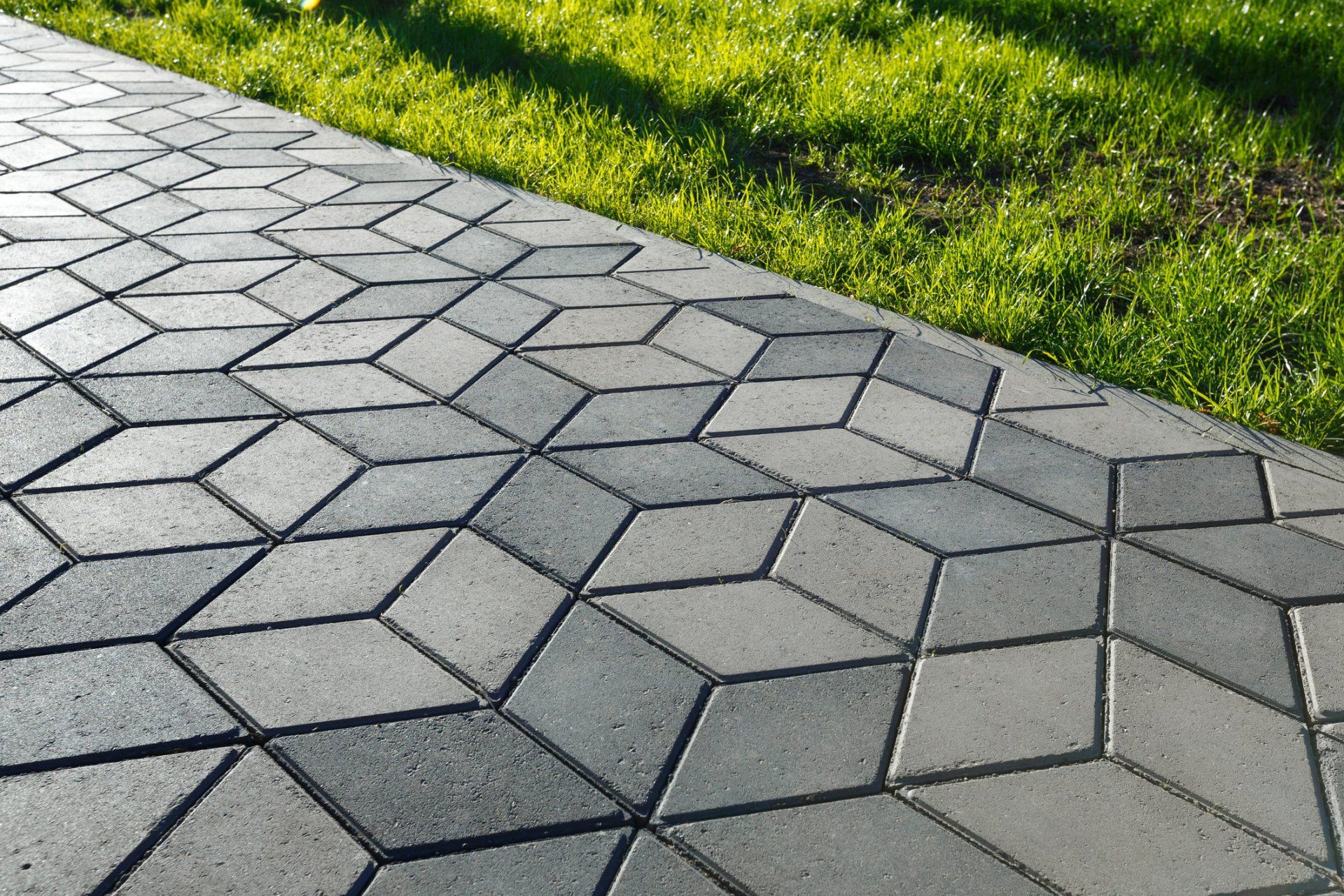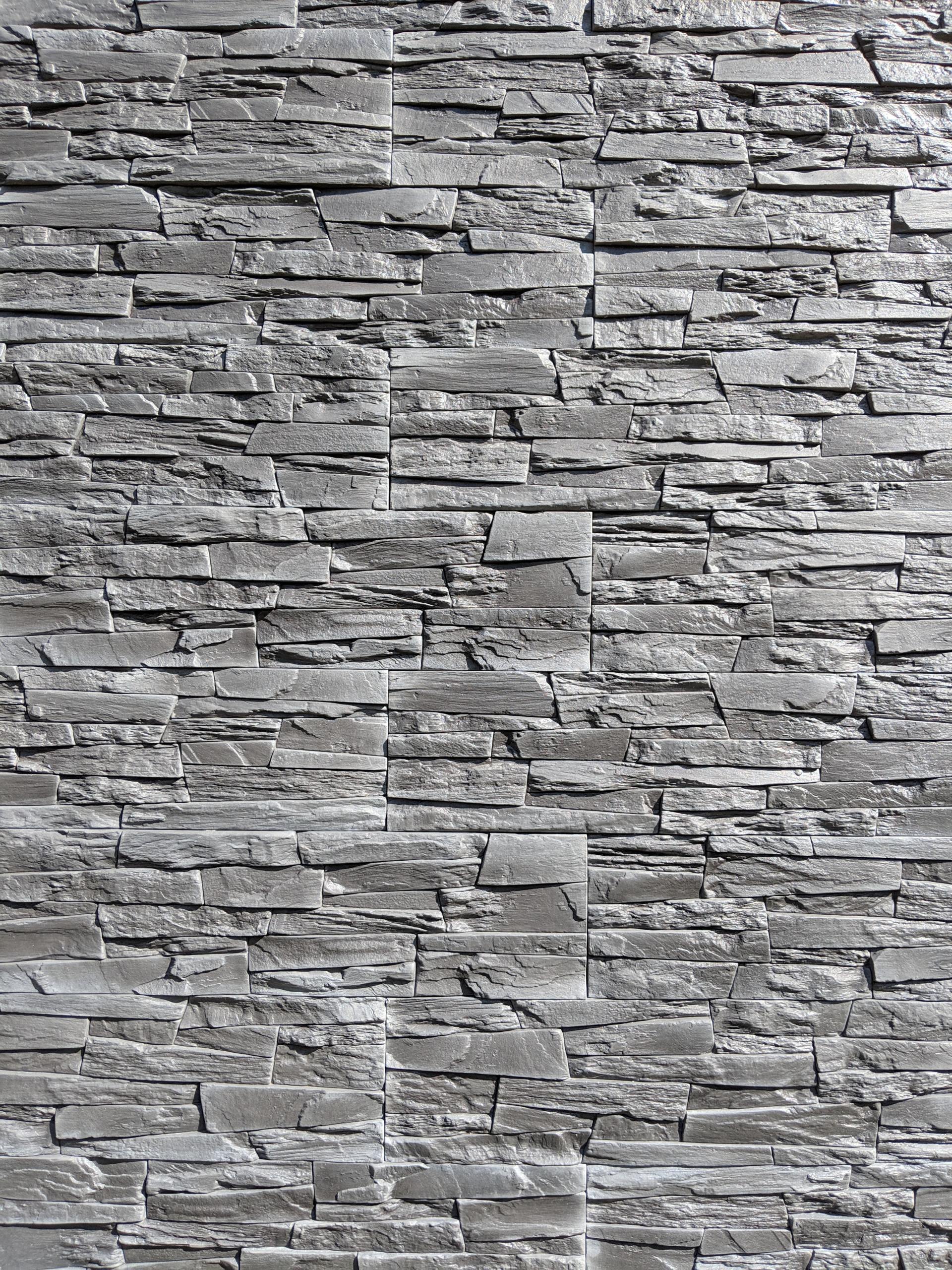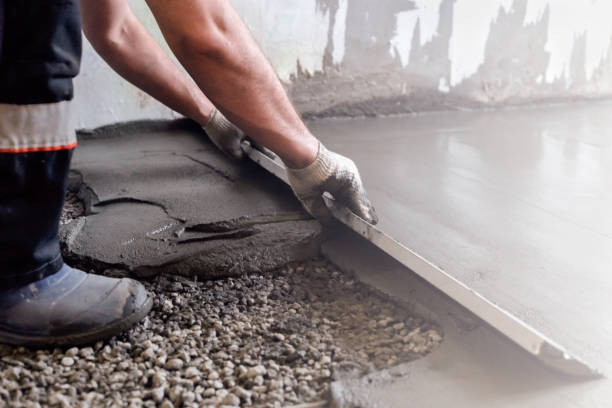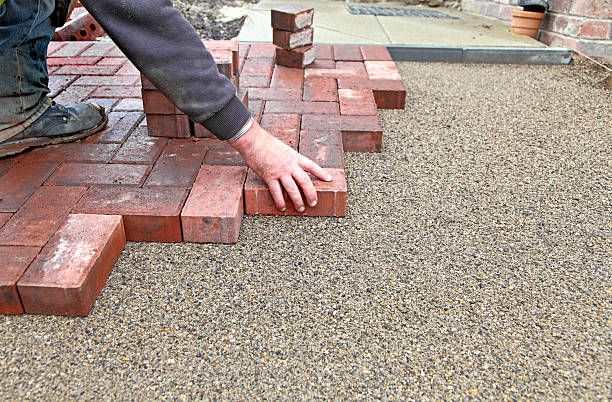
Pros & Cons of Masonry Construction
Advantages & Disadvantages of Masonry
Masonry construction has been around for centuries, and is still one of the most popular construction methods. There are many advantages to masonry construction, but there are also some disadvantages to be aware of before deciding if this type of construction is right for your project. In this blog post, we'll take a look at both the pros and cons of masonry construction so you can make an informed decision. Stay tuned!
If you have noticed, most of the structures in the world are made for masonry. Due to its numerous advantages, masonry is used worldwide. Construction world is impossible without masonry. Let's talk about some of the advantages of masonry construction.

Advantages of Masonry Construction
1. The use of masonry unit, such as bricks, concrete blocks and stones can increase the thermal mass of a building. Meaning it is a material that can absorb, store, and release heat. Making the building a little more efficient with temperature control.
2. Masonry is a non-combustible product and can protect occupants from fire by protecting loved ones and protecting from losing personal possessions.
3. Masonry structures/walls are more resistant to natural hazards, such as hurricanes for tornadoes and even good at stopping most types of rifle and pistol rounds. Masonry is extremally durable as evident with old and ancient architecture still around in modern time
4. Masonry has extremely long usable life, to my point above. You'll never see a wood building last for 3,000 years, but there are plenty of masonry structures that old, which still exist today.
5. It’s the only material that makes sense for fireplaces as it won’t burn.

6. It can be incredibly decorative and individualized depending on the skill of the mason doing the masonry work.
7. Masonry can withstand large amounts of compressive loads (hence the saying “brick house”) which makes it a great choice for big structures.
8. Masonry structure will give more resale value.
9. Masonry does not rot. Insects like termites, ants, and other creepy crawlies don't disturb the masonry structure.
And lastly
10. Masonry construction cost is less in both materials and labor.
We covered the advantages (only a handful) but everything has its good and bad, now let's take a look at some drawbacks of masonry.
Disadvantages of Masonry
1. Masonry construction involves products, i.e. brick, stone and concrete blocks that are extremely heavy and cannot be delivered in a conventional vehicle and often must be ordered from a special catalog. The cost of selecting and moving the materials is compounded because masonry construction cannot be conducted in a heavy rain or under freezing conditions.
2. The installation requires manpower with highly specialized skills as a mason.
3. Masonry structures rely completely on their foundation for stability, while wooden structures can bend slightly with the settling of the foundation. If the foundation is not stable, it can lead to cracks in the masonry material.
4. Sometimes masonry construction can lead to the premature and extensive sinking of the foundation as compared to the wooden structure due to its weight.
So there you have it!
Some pros and cons of masonry construction to think about for your next project. If you would like us to take a look at your masonry project then feel free to call us now to set up a walkthrough today or this week!
Have a Masonry Project? Tell us about it!
We will get back to you as soon as possible.
Please try again later.
You might also like



Book a Service Today
We will get back to you as soon as possible
Please try again later
Masonry Construction Pros Lic #1116176
License # 1116176
In partnership with Paradise Gardens Landscaping LLC
We're available
- Sat - Fri
- -
Tell Us About Your Project
We will get back to you as soon as possible.
Please try again later.
Designed by Splash Media Marketing
*This is a referral website. Services fulfilled by licensed contractors.
